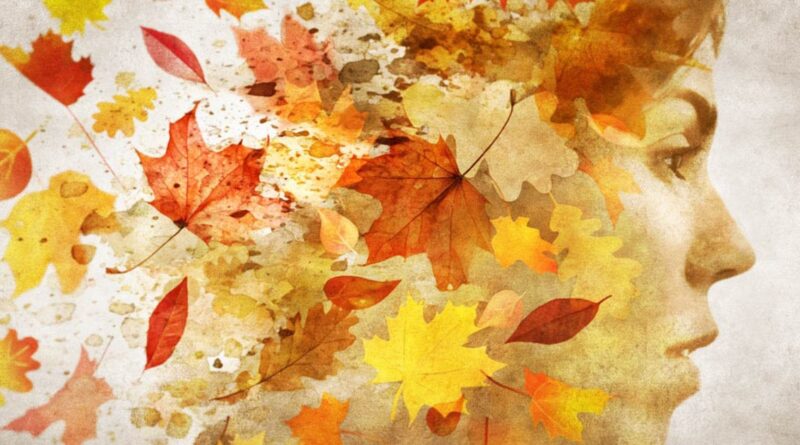What is seasonal depression and how can it affect your mental health?
As the leaves change color and the days get shorter, some people struggle with more than just the change of season and struggle with seasonal affective disorder, another form of depression. general.
“It means that a person has multiple episodes of depression over a period of time,” said Dr. Annmarie MacNamara, Assistant Professor at Texas A & M University. depression.”
Although not fully understood, possible causes include disruption of the circadian rhythm as well as biochemical factors related to vitamin D, melatonin and serotonin deficiency.
“The exact causes of seasonal depression are unclear, but some theories suggest changes in circadian rhythms due to reduced light in winter, as well as possible links affect melatonin, vitamin D, or serotonin, a brain chemical involved in depression. However, there is no solid evidence to support either theory,” MacNamara said.
According to the National Alliance on Mental Illness, one in five American adults experiences a mental illness in Texas each year, meaning that 3.3 million Texas adults may be and mental health status. That’s more than twice the population of Dallas.
Symptoms of seasonal depression often mirror those of non-seasonal depression, presenting with persistent sadness, lack of interest in activities, changes in appetite and sleep patterns, depression and problems concentrating and making decisions.
“Seasonal depression has the same symptoms as regular depression, such as changes in appetite, sleep, fatigue and problems with concentration. The difference is the timing – the symptoms appear at a certain time some people may overeat, especially carbohydrates, and oversleep, but these are not necessary for diagnosis. The important thing is the pattern of symptoms of the year,” said MacNamara.
Treatments for seasonal depression are similar to those for general depression, mainly involving psychotherapy and medication.
Cognitive Behavioral Therapy focuses on changing negative thoughts and behaviors, while medication offers another effective option. “We can at some point change the way we feel by changing the way we think, and cognitive-behavioral therapy works with the patient to change thoughts and behaviors in order to change feelings,” MacNamara said.
The choice of treatment depends on personal preferences and health care advice. Light therapy, which involves exposure to the sun, is also used for seasonal depression.
In addition to professional treatment, several lifestyle changes can help reduce the effects of seasonal stress, according to MacNamara.
“Regular outdoor exercise provides the dual benefits of exercise and increased daylight, while social interaction and maintaining a daily routine provide emotional support and stability,” said MacNamara.
Recognizing the onset of severe symptoms and seeking professional help is important, as timely treatment can significantly improve outcomes for those affected.
“It should be seen as something people can manage with help, rather than something they have to face alone,” MacNamara said.
The Department of Family and Protective Services offers 24-hour help. Call 1-800-989-6884 or text 1-800-989-6884 to chat.
#seasonal #depression #affect #mental #health
